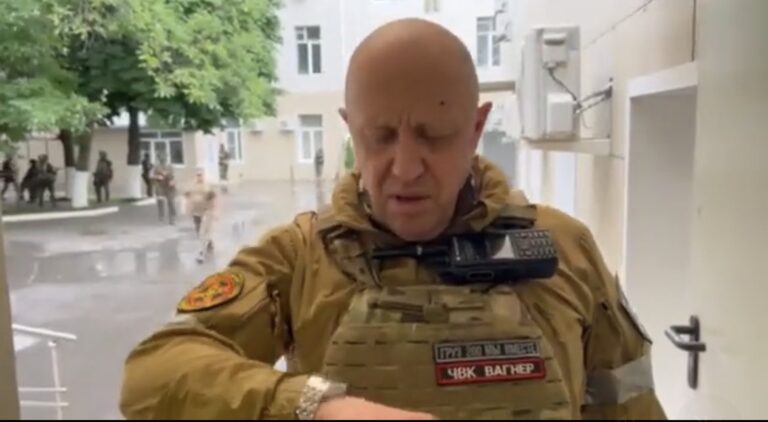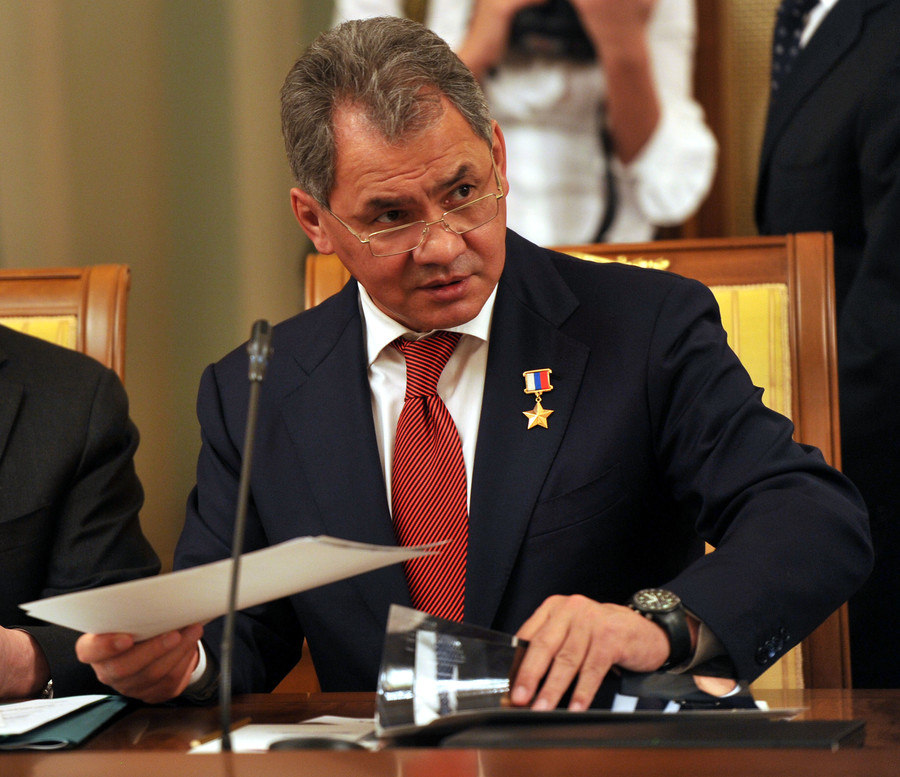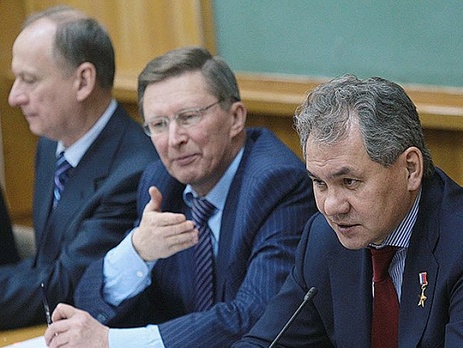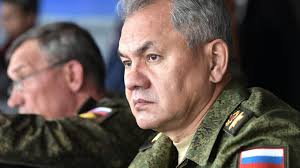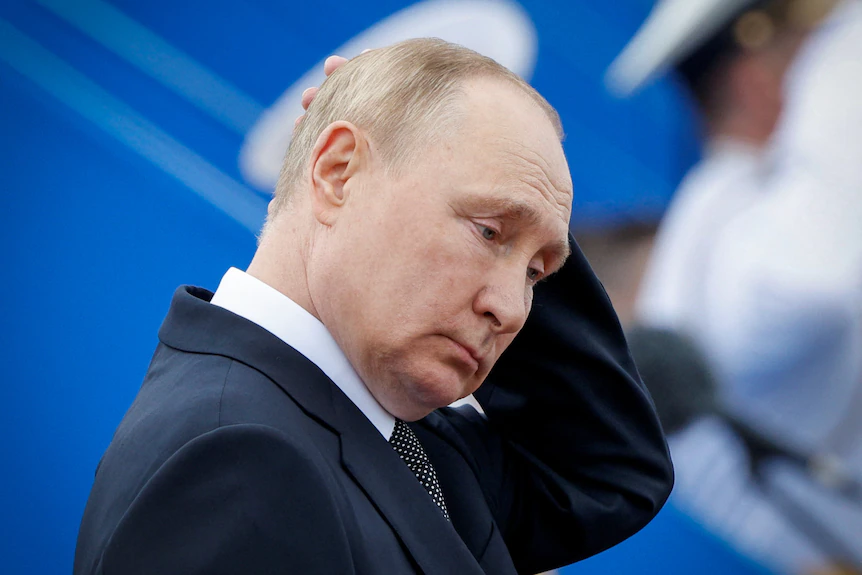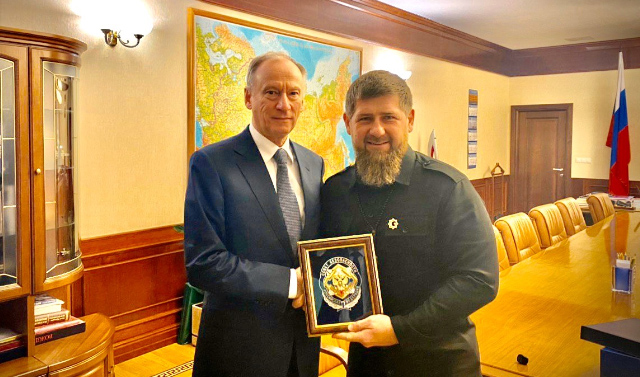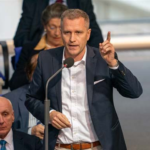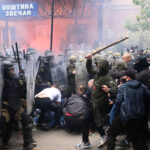A rebellion rapidly unfolding in Russia comes as a direct consequence of the Putin regime’s weakening and the dramatic imbalance of the country’s system of checks and balances.
By unleashing a full-out war on Ukraine, Putin infringed the interests of certain groups of influence that belonged to the regime’s business wing and also created an additional burden of responsibility for the decisions taken by military and security leaders. Wagner Group leader Yevgeny Prigozhin’s conflict with Defense Minister Sergei Shoigu is deeply personal, stemming from the squabbles for kickbacks in defense procurement, which Prigozhin believes were monopolized by Shoigu. A conflict of “business interests” has also been the reason behind Shoigu’s repeated attempts to hamper Wagner Group’s combat efficiency by limiting ammo supplies for the Bakhmut operation in eastern Ukraine or by aiding the U.S. in delivering an airstrike that devastated Wagner’s positions in Syria’s Der ez-Zor.
In turn, Prigozhin’s force, operating beyond the framework of Russia’s defense apparatus, in fact proved more effective on the battlefield than the regular army, which added even more fuel to the fire of his competition with Shoigu in the military sphere. Since February 2023, Prigozhin has actively engaged in domestic politics.
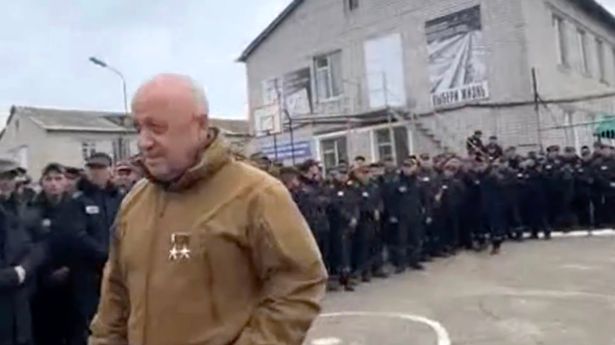
Read also: Russia on track to becoming military junta
Leading what’s long become an actual army of his own and enjoying control of substantial financial resources coming from African mineral deposits his mercenaries “protect” has turned into a real threat to the Kremlin and the already mentioned system of checks and balances.
Prigozhin’s brazen spree of public criticism targeting the Shoigu-Gerasimov group of defense officials over the recent months led to even more anxiety on the part of the latter, who have also long been pressed by President Putin to show actual battlefield gains. This caused a hike in Prigozhin’s popular rating, further fueling his political ambitions. Shoigu, who was previously seen among possible successors to Putin, lost that chance in the wake of continued war failures and Putin’s outrage in this regard.
In fact, the Russian president sees his government’s defense bloc as being solely responsible for the Ukraine war drawbacks. In January, the RLI assessed as highly likely the Kremlin’s potential attempts to publicly tarnish Yevgeny Prigozhin.
Prigozhin might have seen these risks so imminent and overwhelming that he believed open rebellion was the only way out for him to remain relatively safe and retain his massive resources. However, his decision to launch mutiny will likely lead to the Kremlin attempting to physically eliminate him. This is assessed as the most likely scenario, since the widely covered rebellion against the Kremlin deals a crushing blow to the regime, de facto legitimizing the revolutionary processes by this very regime’s representatives (a so-called palace coup). If the Kremlin succeeds in crushing mutiny at its early stage, it is likely that the authorities will massively recall former convicts, recruited by Wagner Group for the war on Ukraine, back to prisons and penal colonies.
However, according to our estimates, Prigozhin’s mutiny stunt would have never been possible without massive support on the part of top-tier members of Putin’s closest entourage. The circle of rebellion backers also likely covers individuals whose existence does not massively depend on Putin’s retaining the top office. This explains why Chechnya’s warlord Ramzan Kadyrov, who previously supported Prigozhin, has not taken the rebels’ side.
At the moment, the armed rebellion has led to the strengthening of positions of Security Council chief Nikolai Patrushev, who is at the helm of the operation to suppress mutiny.
Given Putin’s health condition, an informal transfer of powers from the President to the Security Council seems a reasonable option should Wagner forces force their way into Moscow. Further developments will be determined by whether the regular army forces and the Russian Guard will side with Prigozhin. Such a scenario remains likely. The ultimate threat is the prospect of Russia’s Strategic Missile Forces following suit, thus exposing arsenals of WMDs to being either handed over to Prigozhin or being seized by force. In this case, preemption plans must be drafted as soon as possible as regards such facilities, since the likelihood of the Wagner chief deploying tactical nukes or chemical weapons to prove his resolute stance and contribute to political legitimization are deemed extremely high.
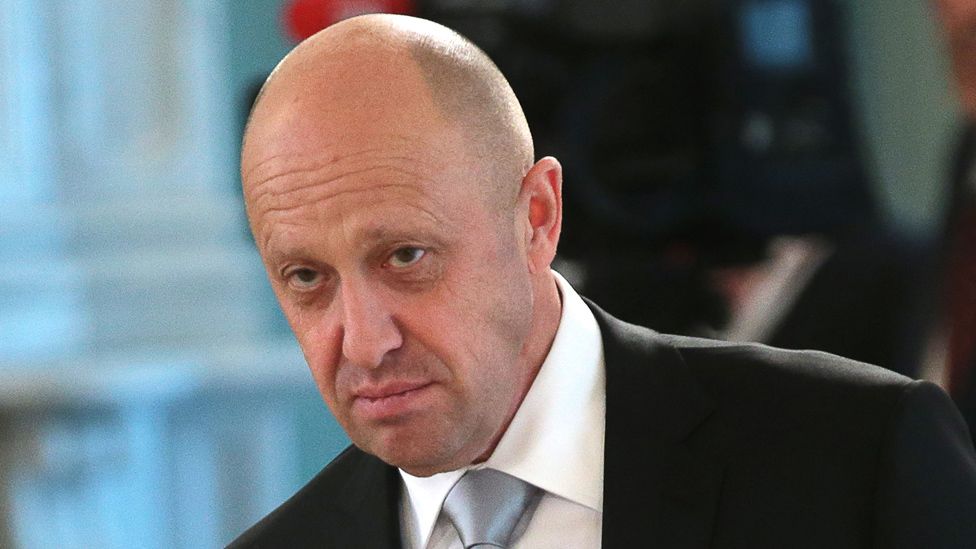
Read also: Yevgeny Prigozhin’s psychological profile


